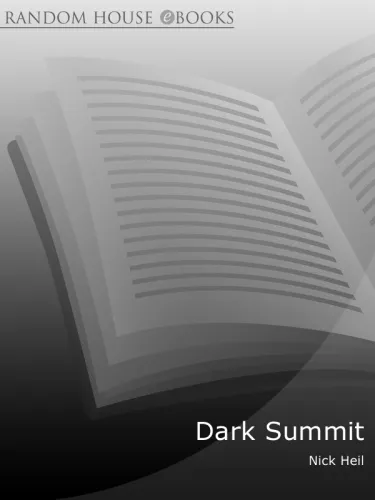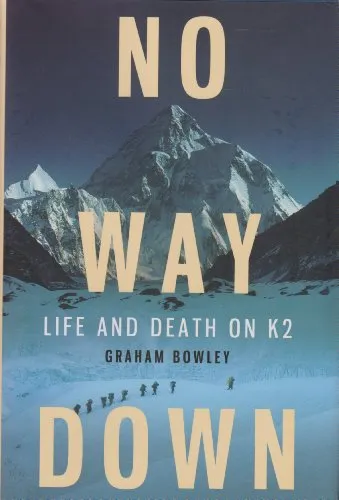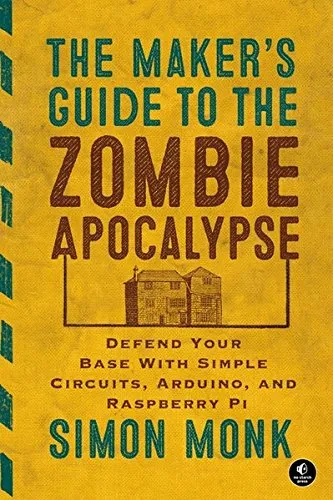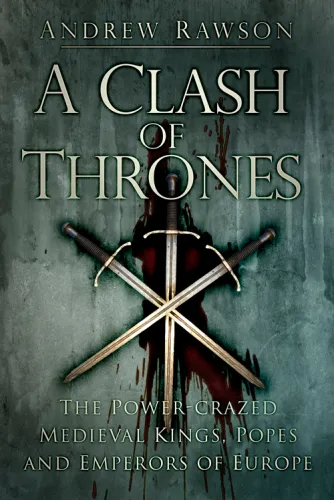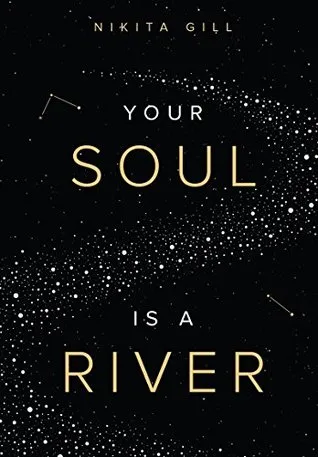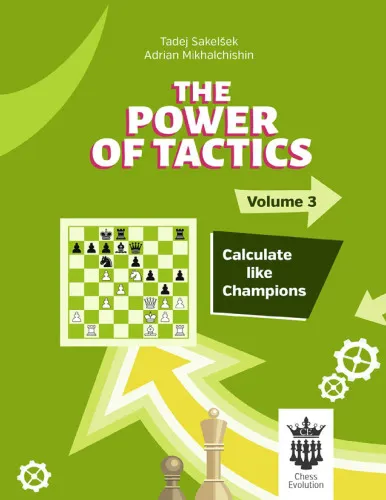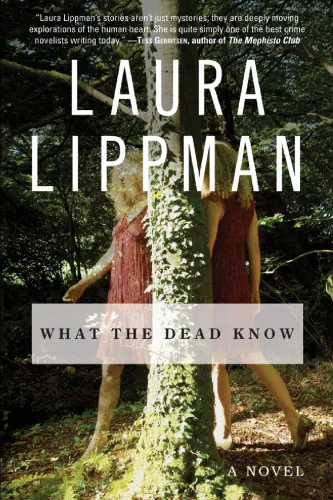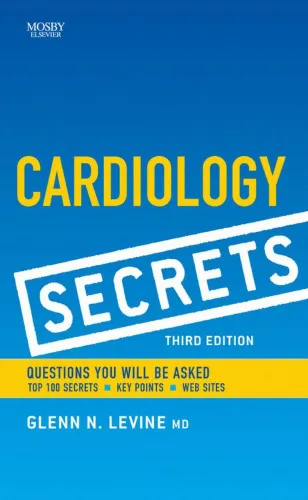What the dead know
4.8
Reviews from our users

You Can Ask your questions from this book's AI after Login
Each download or ask from book AI costs 2 points. To earn more free points, please visit the Points Guide Page and complete some valuable actions.Related Refrences:
Analytical Summary
Laura Lippman’s novel What the dead know stands as a sophisticated entry in the realm of psychological suspense, weaving an intricately layered narrative that challenges perceptions of truth, memory, and identity. A mysterious encounter in a Baltimore suburb sets off a journey spanning decades — a woman stopped after a minor traffic incident claims to be one of the two sisters who vanished in 1975. The declaration initiates a complex investigation, tangled in unresolved grief, deceptive appearances, and buried family secrets.
This work transcends the conventions of mystery and suspense, as its structure alternates between timelines and perspectives to gradually reveal fragments of the past. Lippman employs the disappearance — and the possibility of a miraculous re-emergence — to examine how trauma embeds itself in the psyche, influencing relationships and self-understanding. The shifting voices and detailed settings reflect the author’s ability to combine atmospheric storytelling with forensic character studies.
The storyline invites readers into an intimate interrogation of identity: Is the woman truly a missing sister, or a skilled impostor? The tension lies equally in the procedural aspects of police work and in the emotional undercurrents flowing through surviving family members. It is as much about the echoes of loss that shape lives as it is about solving a cold case.
Key Takeaways
From its initial pages, What the dead know compels readers to grapple with uncertainty, making it a fertile text for scholars, book clubs, and professionals in forensic psychology and criminology.
The novel interlaces the investigative process with an exploration of personal memory’s fragility.
Themes of psychological suspense and family secrets resonate beyond the page, encouraging reflection on how identity is constructed and reconstructed under pressure.
Lippman’s narrative strategy — alternating decades and mixing third-person viewpoints with first-person recollections — deepens the reader’s engagement by simulating the detective’s incremental discovery.
The tension between objective evidence and subjective testimony becomes a central axis for analysis, provoking questions about truth, belief, and closure.
Memorable Quotes
The past never stays hidden; it waits to be rediscovered. Unknown
Each memory is a story we choose to believe, whether it is true or not. Unknown
Loss shapes every decision; absence speaks louder than presence. Unknown
Why This Book Matters
What the dead know holds significance not only for fans of literary thrillers but also for those analyzing the psychology behind missing persons cases.
For academics, the book provides a textured study of memory’s reliability and the influence of unresolved grief on storytelling. Its fictional treatment reflects real-world complexities of investigations that span decades, underscoring the limitations and possibilities inherent in both official records and personal histories.
Information unavailable for certain publication details or awards — no reliable public source confirms specifics — highlights the necessity of critical reading and source verification when examining any narrative.
Law enforcement professionals, social workers, and legal scholars may find Lippman’s portrayal of investigative dynamics and emotional truth particularly resonant.
Inspiring Conclusion
In the end, What the dead know challenges readers to confront the mutable nature of truth and the lasting reverberations of unresolved mysteries.
Whether approached as a gripping psychological suspense novel or as a nuanced case study in family secrets, it invites contemplation that extends well beyond its pages. The intricate plot, layered characterizations, and unsettling atmosphere create an enduring impression suitable for discussion, analysis, and re-reading. Let this be a starting point for deeper exploration — read the book, share its themes with colleagues or peers, and engage in conversations about how we construct and reconstruct our personal histories in the shadows of the past.
Free Direct Download
You Can Download this book after Login
Accessing books through legal platforms and public libraries not only supports the rights of authors and publishers but also contributes to the sustainability of reading culture. Before downloading, please take a moment to consider these options.
Find this book on other platforms:
WorldCat helps you find books in libraries worldwide.
See ratings, reviews, and discussions on Goodreads.
Find and buy rare or used books on AbeBooks.
1314
بازدید4.8
امتیاز0
نظر98%
رضایتReviews:
4.8
Based on 0 users review
Questions & Answers
Ask questions about this book or help others by answering
No questions yet. Be the first to ask!


![ISE Vander's Human Physiology [Team-IRA]](https://s3.refhub.ir/images/thumb/ISE_Vander_s_Human_Physiology__Team-IRA_22339.webp)
![Human Physiology ISE [Team-IRA]](https://s3.refhub.ir/images/thumb/Human_Physiology_ISE__Team-IRA_22340.webp)
